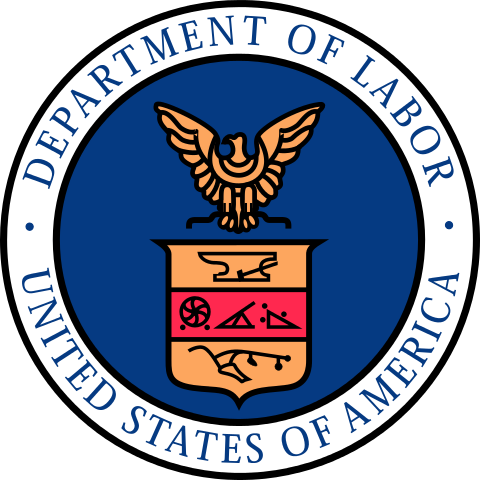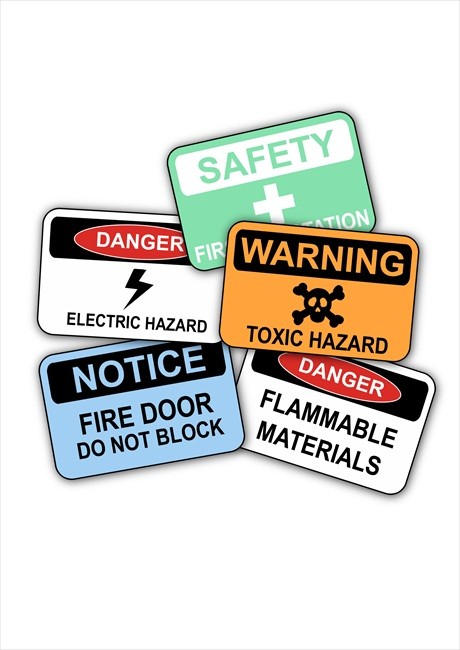
As we have addressed in our other Blogs about work place injury, Worker's Compensation insurance in New Hampshire covers nearly every injury suffered by employees as long as the injury is suffered during and in the course of employment. However, we have also told you there are exceptions.
Among the exceptions to coverage are for example, instances in which an injury is caused in whole or in part by the employee’s intoxication. In such cases, the law says an employer and it's insurance company is NOT liable for that injury even if it occurred in and during the course of work.
However, as it turns out, the conversation doesn’t end there. There is an exception to the exception!
Here's The Twist:
The intoxication exception does not apply if the employer knew that the employee was intoxicated. That’s right, if the employer knows about the intoxication and the employee gets injured at work, there still might be coverage under worker’s compensation.
At first it might seem hard to imagine how this could occur, but upon further consideration, a few circumstances might come to mind...




















